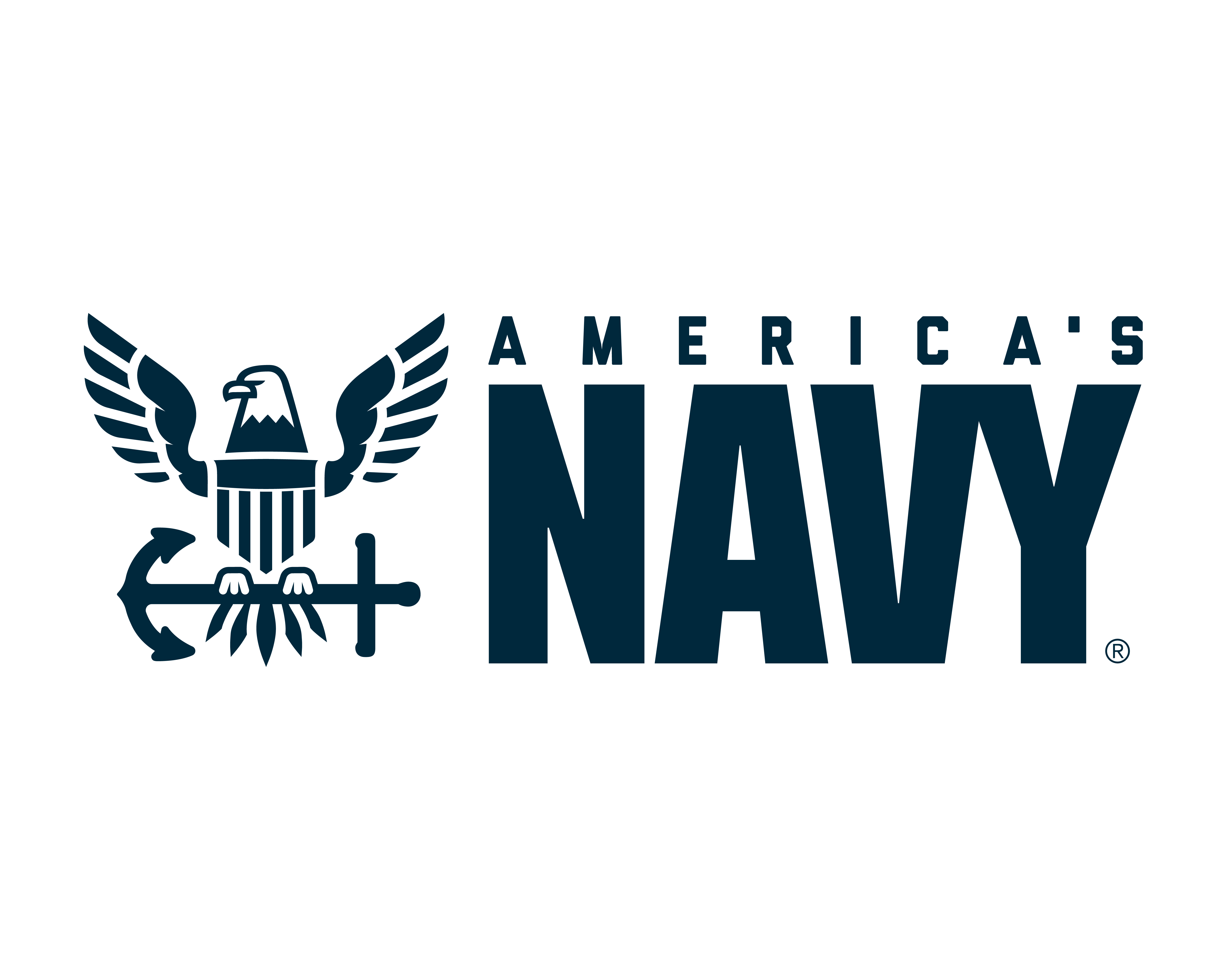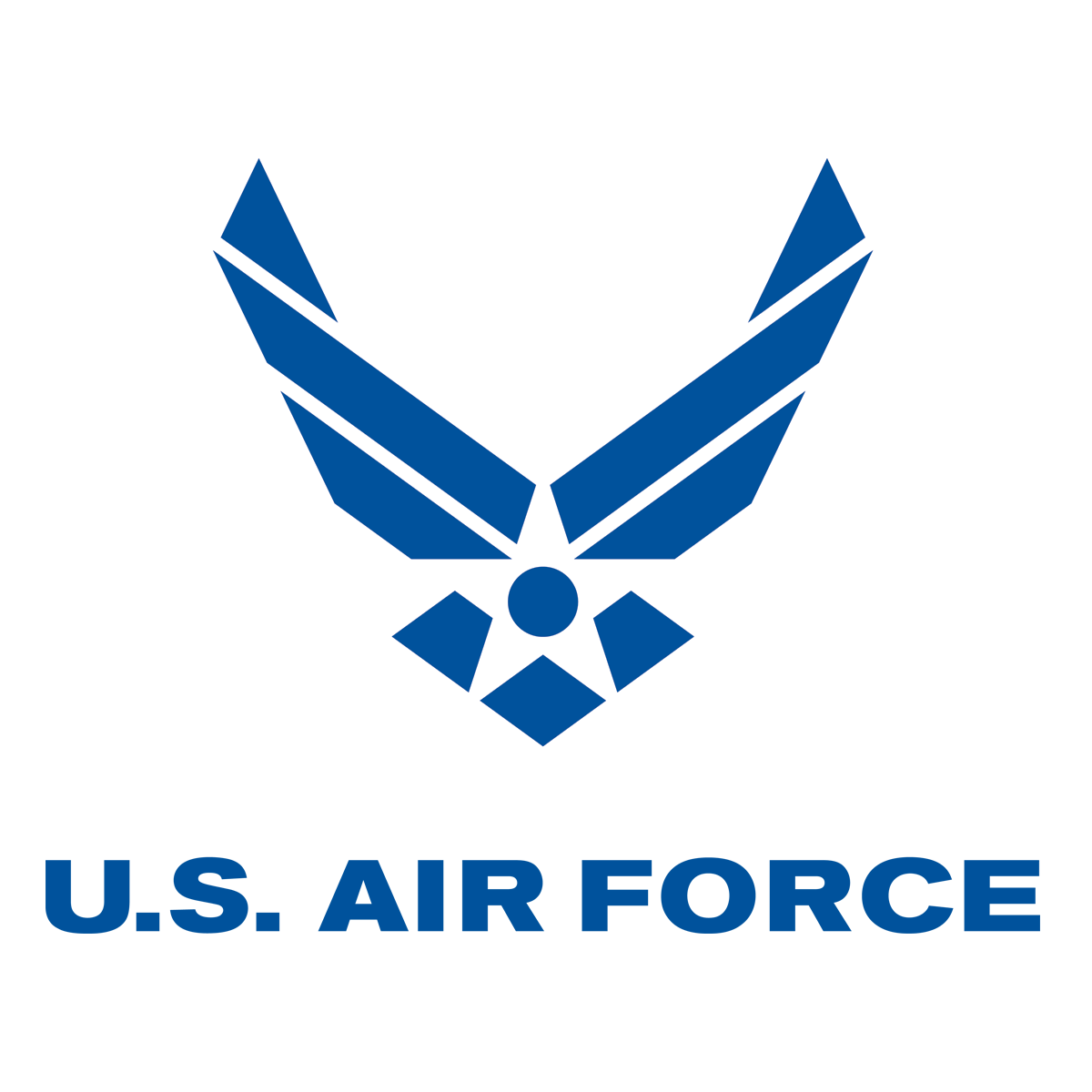Military Otolaryngologists
Military Career
General Information
Description
Otolaryngologists treat disorders of the ear, nose, and throat (ENT) and related head and neck structures. They examine patients, make diagnoses, and treat conditions of the nasal cavity and sinuses, such as deviated septum. They administer treatments such as therapy, medication, and surgery to correct these conditions. In some military installations, these physicians are part of the cleft-palate or craniofacial disorder team. They treat all ages of service members and their families.
Work Environment
Otolaryngologists work in hospitals and clinics on land and aboard ships.
Comparable Industries
- Health Science
Military Outlook
Service Branches
Jobs in this career field may be available in other service branches. Call or email a particular branch for more info.
Military Status
- Officer
- Managerial/professional
- College degree required
Military Workforce
Otolaryngologists in the Military
2,060
Salary
Salary Information
Median Military Salary This is the median, or the midpoint, of the salary range for this career.
$125,489
Military Salary Range Salary varies based on years of service, degree level, special pays, family status and location. Learn more about Military benefits.
$62,503 - $303,913
What makes up a Military salary?
Military salaries include a lot more than just base pay.
They also offer:
- Housing allowances
- Subsistence allowances
- Special and incentive pays
- Cost-of-living allowances
- Hazardous-duty pay
- Bonuses
Learn more about what goes into a salary with the compensation estimator
Learn more about military insurance and retirement benefits
Education
Most Common Education Levels
People in this career achieve this level of education.
-
Post-doctoral training 53%
-
Doctoral degree 46%
-
High school 0%
-
Some college 0%
-
Master's degree 0%
-
Bachelor's degree 0%
-
Associate's degree 0%
-
Post baccalaureate 0%
-
Less than high school 0%
-
Post-master's certificate 0%
-
First professional degree 0%
-
Post-secondary certificate 0%
Military training
Officers typically enter the Military after they have completed a four-year college degree; enlisted service members can transition to officer positions through a variety of pathways and earn a degree while serving. Job training for otolaryngologists primarily consists of on-the-job learning in various training environments. Scholarships for advanced medical training are available in return for an obligated period of military service. Qualifying students benefit through unique training experiences and get to attend certain military short courses designed to develop tactical, technical and operational skills unique to the military environment. Like other officers working in healthcare, they complete a comprehensive training program covering responsibilities, orientation to military structure, healthcare and etiquette, traditions, and leadership development. Job-specific training content may include: Team Strategies and Tools to Enhance Performance and Patient Safety/TeamSTEPPS® Essentials and Fundamentals Mishap Investigation and Prevention Operational Aeromedical Problems Senior LeadershipJoint Operations Medical Management
Read MoreRelated College Majors
Select major to see colleges that offer it
Knowledge
- Medicine and Dentistry
- Therapy and Counseling
- Psychology
- Biology
- Education and Training
Gain insights into your knowledge by using the ASVAB Career Exploration Program
 Army
Army Marine Corps
Marine Corps Navy
Navy Air Force
Air Force Coast Guard
Coast Guard Space Force
Space Force